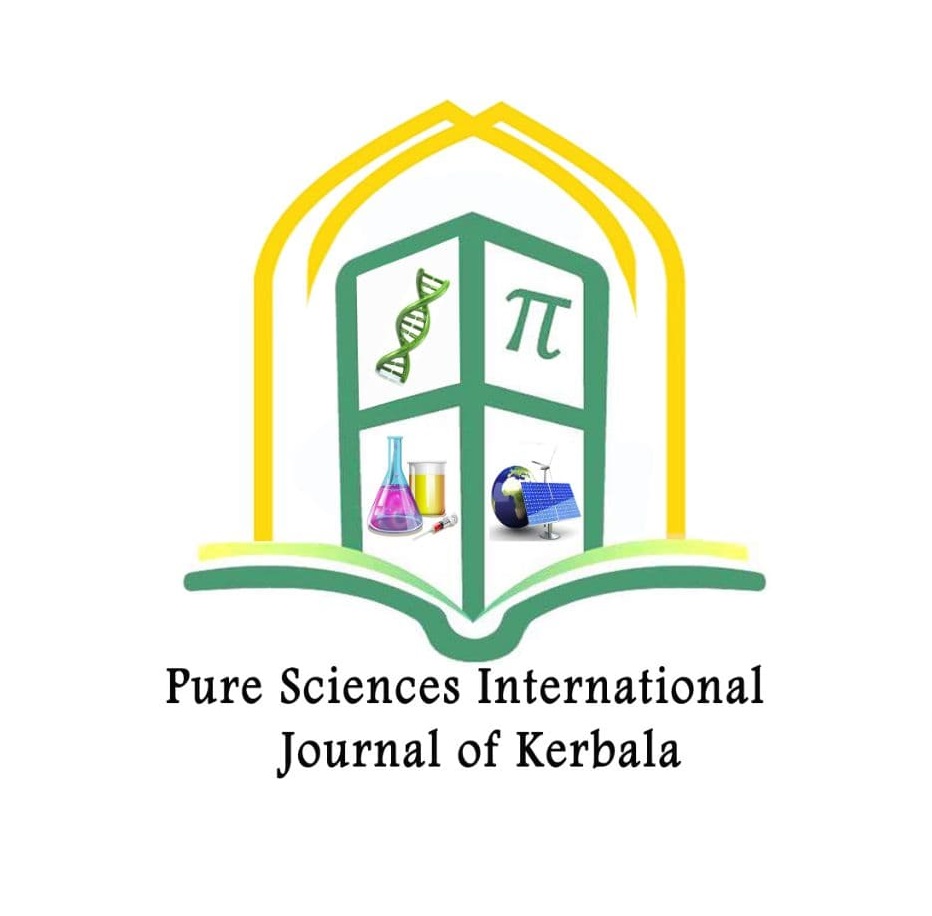Synthesis, Characterization and Spectral Studies of Cobalt(II) with a Novel Azo-Azomethine reagent Derived From Thiosemicarbazone
Keywords:
Schiff bsae, Azo methene, Co(II), Carbonyl compoundsAbstract
By employing a novel organic reagent, 5-[{3-[(2-carbamothioylhydrazinylidene)methyl]-4-hydroxyphenyl}diazenyl]-2-hydroxybenzoic acid (CMHPHB), the prepared reagent and complex were characterized using UV-Vis spectroscopy. Additionally, FT-IR and 1H NMR spectra were obtained for the new reagent. Cobalt (II) was determined utilizing a rapid and sensitive spectrophotometric method. The cobalt compound exhibits a molar absorptivity of 4.24×104 L.mo1-1.cm-1, a Sandell sensitivity of 1.389×10-3 μg.cm-2, and a maximum absorbance at 410 nm. The limit of detection is 0.0209 μg/mL, and the limit of quantitation is 0.0697 µg/mL. The metal concentration adheres to Beer's law within the range of 0.0589 – 2.946 µg/mL, with a correlation coefficient value of 0.9953, indicating the linearity of the standard cobalt titration. In the complex, the molar ratio of metal to reagent is (1:2). The results suggest that the complex possesses a high stability constant of 1.9693 ×108 mol.L-1.





